-
GlobalPetrolPrices.com tracks weekly petrol prices around the world and reported that on 1 January 2024, a litre of petrol in Nigeria cost US$0.722 (N648.93), making the country the “22nd cheapest” out of 168 countries.
-
The operators of the price tracker say that “the data on the website can be used to compare countries but the series are not adjusted for purchasing power or income”.
-
Several experts told Africa Check that without “purchasing power parity”, the comparison was misleading as it didn’t take into account economic factors, such as the minimum wage.
At the start of 2024, a number of Nigerian newspapers reported that the West African country was the 22nd cheapest place in the world to buy petrol.
The media reports are linked to the federal government’s argument that despite recent sharp price increases in Nigeria, petrol is still cheaper than in most other countries.
At his inauguration in May 2023, president Bola Tinubu scrapped the country's controversial petrol subsidy, which had been in place for decades. The result was an overnight increase in the price of petrol, from around N185 to over N500 a litre and then to over N600 about a month later. This led to nationwide protests.
Most of the reports cited data published on GlobalPetrolPrices.com, which tracks average fuel prices weekly. It included prices from 168 countries in US dollars and other currencies.
The tracker noted that the global average price of petrol was US$1.29 per litre on 1 January 2024, but that there were significant price differences between countries.
“All countries have access to the same petroleum prices of international markets but then decide to impose different taxes,” it said. “As a result, the retail price of gasoline is different.”
The lowest price for the week was recorded in Iran at $0.029 (N25.616) per litre. Hong Kong recorded the highest price, at $3.101 (N2,767.654) per litre.
The price of petrol in Nigeria for the week was recorded at $0.722 (N648.93). This was higher than prices in oil producing countries such as
- Libya $0.031 (N28)
- Algeria $0.342 (N305.4)
- Angola $0.362 (N323.5)
- Russia $0.617 (N561.5)
- Saudi Arabia $0.621 (N556.3).
(Note: The naira figures are the naira prices of a litre of petrol in these countries as published by GlobalPetrolPrices.com and differ from the official dollar-to-naira exchange rate).
Nigeria is 22nd on the list. Does this make it one of the cheapest countries in the world to buy petrol?
How was the data collected?
In its guide, GlobalPetrolPrices.com stated that petrol prices fluctuated due to four main factors: crude oil prices, the exchange rate between the dollar and the local currency, seasonal fluctuations, and refining, marketing and distribution costs.
It provided further details on the source of its data, which it said it had been collecting since 2012: “For each country, we use at least three independent sources including the ministries of energy, transport, or commerce, fuel price transparency mechanisms and local automobile associations.”
Other sources were consumer advocacy groups, international fuel companies, local petroleum monopolies, multilateral organisations and the local media.
The petrol price data covered only 168 countries, which it said were those for whom it could get data from “several independent reliable sources”. Some African countries not included were Niger, Eritrea, Djibouti, South Sudan, Guinea-Bissau, and Equatorial Guinea.
(Note: The number of countries in the world is sometimes disputed, but the United Nations recognises 193 member countries and two “independent nations”.)
‘Data not adjusted for purchasing power’
GlobalPetrolPrices.com is part of an economic project led by Dr Neven Valev, an associate professor of economics whose research interests include international finance and the role of finance in economic development.
We emailed him and asked if the data took into account other factors, such as differences in economies, income levels and purchasing power.
“The data on the website can be used to compare countries but the series are not adjusted for purchasing power or income,” said Valev.
But it is misleading for Nigerian officials to make such comparisons simply based on the price of a litre of petrol in each country, Hassan Oaikhenan, a professor of international economics at the University of Benin in southern Nigeria, told Africa Check.
Oaikhenan said other factors, such as minimum wage, poverty rate, and purchasing power, should also be considered.
“It is nonsense for government officials to say that Nigeria is the 22nd cheapest country for fuel. Making such a comparison using only the price of a litre of petrol in Nigeria with what it is in the US, UK and other countries doesn’t make sense.
“They don't compare the minimum wage in Nigeria with the minimum wage in the US or the UK. They don't compare the purchasing power, the poverty level, the standard of living, the state of the roads and other factors,” said Oaikhenan.
Comparison is faulty without purchasing power parity
You can’t make that comparison without applying purchasing power parity, Philip Alege, professor of economics at Covenant University, Ota in southwest Nigeria, told Africa Check.
Alege said that judging by prices falsely implied that the citizens of all these countries on the list had the same purchasing power and that other factors were equal.
“That comparison is faulty. Economies are so different worldwide that it is not correct to make such comparisons based on only the price of petrol alone.
“Even if you use a single currency such as the US dollar for all countries you still need to apply PPP, purchasing power parity, which is the standard way of comparing the prices of goods and services across countries. It tries to balance purchasing power across countries,” he said.
Explaining purchasing power parity
Purchasing power parity (PPP) is the rate at which the currency of one country needs to be converted into that of another country in order to buy the same amount of goods and services in each country.
The idea is to see how many of these goods and services can be bought with a given amount of money in each country.
The international dollar is used in purchasing power parity data. It is different from the US dollar. One international dollar would buy a comparable amount of goods and services in another country as one US dollar would buy in the United States.
For example, if a litre of petrol costs $1 in New York and costs N600 in Abuja, the PPP exchange rate is $1 to N600. However, the official US dollar-to-naira exchange rate is over N900.
According to the International Monetary Fund, the conversion rate for the international dollar to naira is 1 to 205.49.
Conclusion: Experts criticise media reports, government claims that Nigeria has 22nd cheapest petrol in world
In 2024, local newspapers reported that Nigeria was the 22nd cheapest country in the world in terms of fuel prices.
The data used to support this claim only tracked petrol prices in 168 countries. It also did not apply purchasing power parity, which is the standard way of comparing the prices of goods and services across countries.
Experts say it is flawed and misleading to compare prices alone without using purchasing power parity as economies are very different.
We therefore rate the claim as misleading.


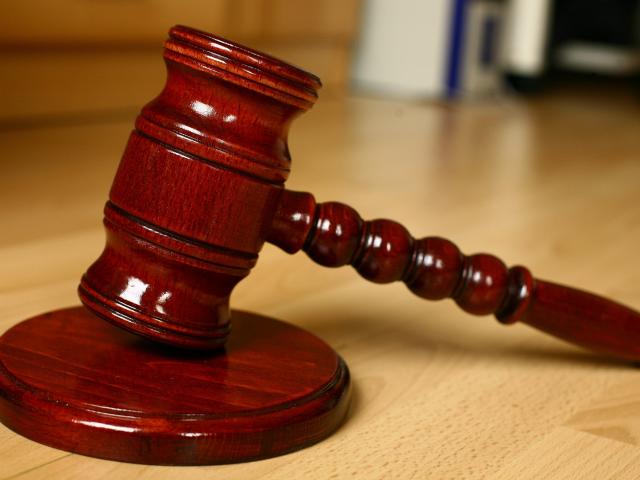
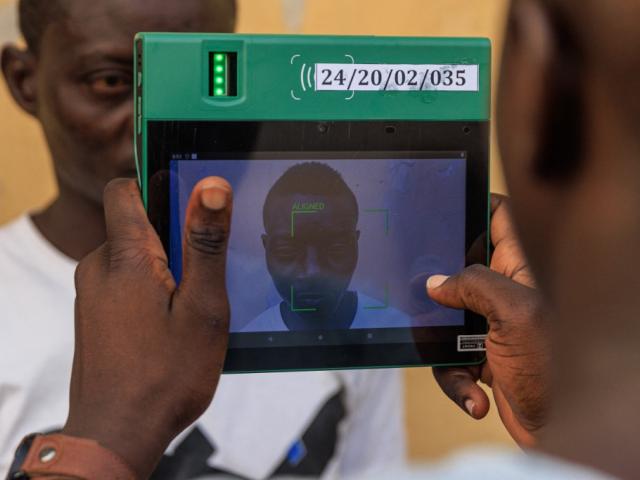
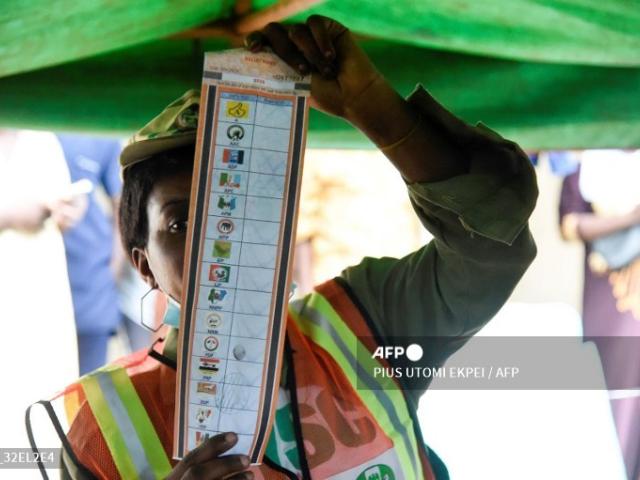
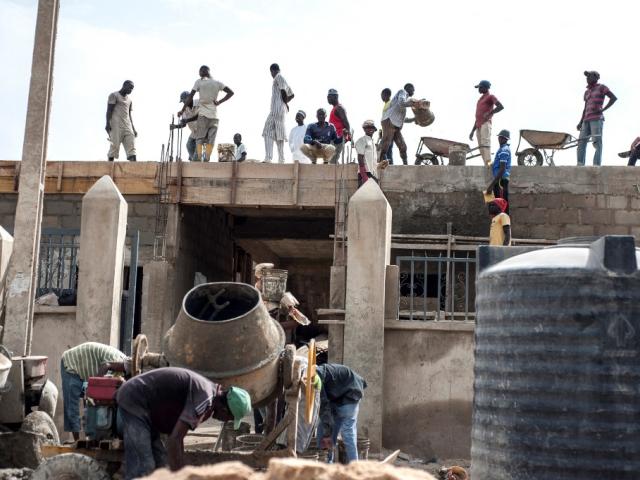
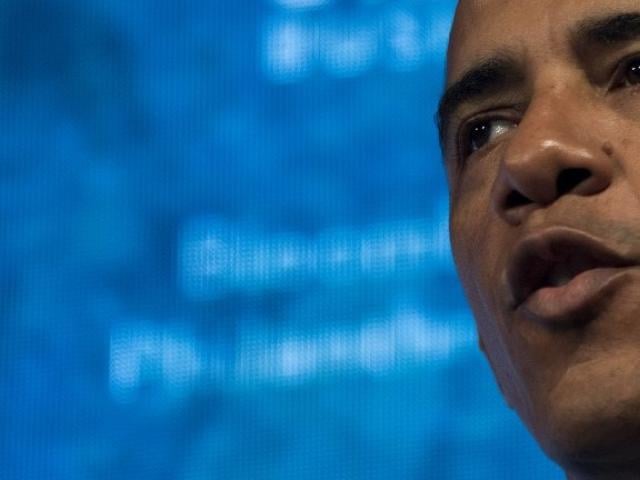
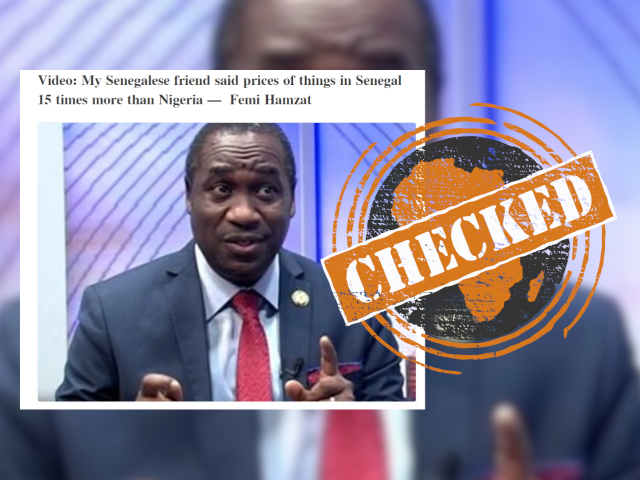
Add new comment